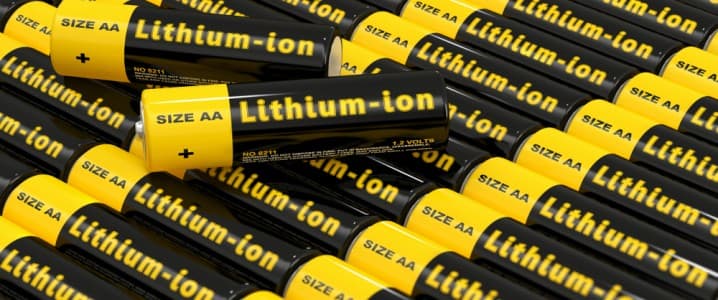China issued on Wednesday new guidelines for its lithium-ion battery industry in a bid to put quality over quantity in battery manufacturing, whose boom led to overcapacity and eroded prices for companies in the sector.
“China’s Ministry of Industry and Information Technology on Wednesday unveiled revised guidelines for the lithium-ion battery industry to further strengthen standardized management and promote high-quality development of the sector,” the government said.
The new guidelines, effective from Thursday, lay out minimum energy density standards and stricter battery specifications, as well as advise that companies should refrain from the construction of new plants that “simply expand production capacity.”
Battery manufacturing projects on farmland and in environmentally sensitive areas will need to be shut down or gradually removed, according to the revised guidelines.
In 2023, China’s production of lithium-ion batteries alone was enough to meet global demand for batteries, BloombergNEF estimated earlier this year.
Globally, demand for lithium-ion batteries for the electric vehicle (EV) industry and stationary storage was estimated at around 950 gigawatt hours (GWh) in 2023. China’s output was enough to meet that demand, while the world’s battery manufacturing capacity was nearly 2,600 GWh last year, more than twice the demand.
As production capacity in China has boomed in recent years, the country has become a major exporter of batteries for the EV industry, and the U.S. and the EU are now trying to curb Chinese dominance in the supply chain by onshoring as much of the supply chain as possible, thanks to government incentives.
China is the world’s largest EV battery exporter, with around 12% of its EV batteries being exported, the International Energy Agency (IEA) said in its Global EV Outlook 2024 report.
“Battery production in China is more integrated than in the United States or Europe, given China’s leading role in upstream stages of the supply chain,” the IEA said.

